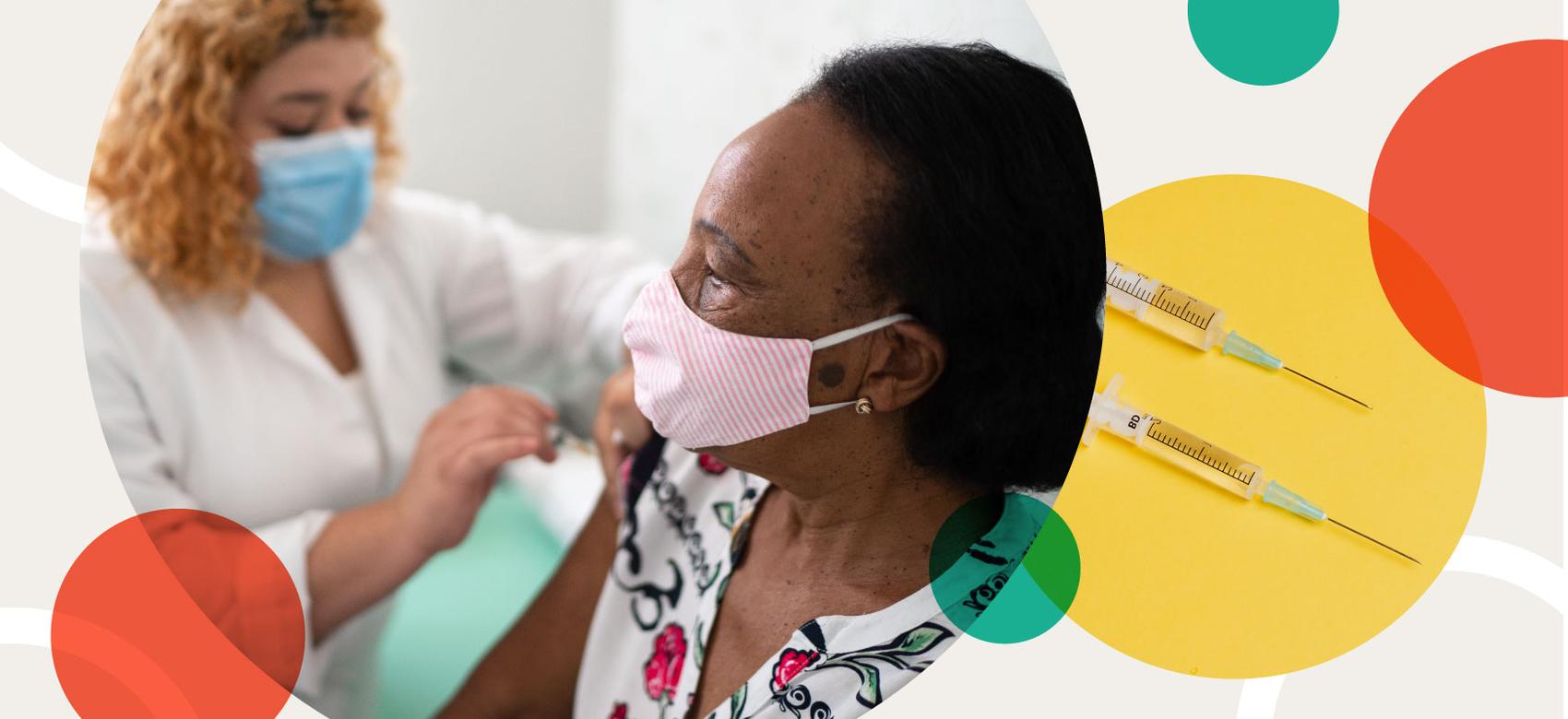Protection provided by COVID-19 vaccination
By Carolyn Ali

Vaccine expert Anna Blakney looks at options and effectiveness
The University of British Columbia’s Dr. Anna Blakney researches RNA vaccines at UBC’s Michael Smith Laboratories & School of Biomedical Engineering. Every day, she fields questions about vaccines from her 211.3K followers on her TikTok channel.
Below, Dr. Blakney answers some common questions, in a nutshell.
Which COVID-19 vaccine should I get?
While some of the approved vaccines for Canada have higher efficacy than others, Dr. Blakney says they’re all suitable. And because of limited supplies of the approved vaccines, you’re probably not going to have a choice.
“I’m fine with that,” says Dr. Blakney. “Because any of the vaccines that are approved for distribution have gone through rigorous regulatory approval. They all have to pass specific checkpoints, and if they don’t, they don’t get approved.”
So if you get a vaccine that had lower efficacy in clinical trials, don’t worry. “No matter what vaccine you get, you’re reducing your risk of getting COVID, which is the whole point. And it’s better to be protected sooner than later,” she says. “We’re pretty lucky that we have three great options just a little over a year after the pandemic was declared.”
I’ve heard that vaccines aren’t 100 percent effective. How do I know if I’m protected after I’m vaccinated?
You won’t. You also won’t know if you can transmit the virus to others.
“With every vaccine, they’re not always 100 percent effective. Not everybody achieves an antibody level that protects them from the virus,” Dr. Blakney explains. “If you got tested for your antibodies, you could know after you were vaccinated whether you responded. But most people don’t have access to that testing at this point.”
Even if you did get tested, we don’t yet know the level of antibodies that you’d need to be protected. (For example, if the level were 80 percent, you’d be protected if your antibodies were above 80 percent but not below.) “The vast majority of people develop antibodies, but there’s definitely a range, and we don’t know what level is important yet.”
That’s why the concept of “herd immunity” is so important. As more people get vaccinated and develop antibodies, infections will go down and the circulation of the virus in the population will slow. That means there will be less risk to everyone, including those who don’t have antibodies.
We know that the vaccines reduce infections and transmissions, not only because that’s been proven in clinical trials but because we’ve already seen a vast decrease in the number of infections among vaccinated people.
But because we’re still learning about the general immunity, health experts still recommend those vaccinated take preventative measures like washing your hands, maintaining physical distancing and wearing a mask.
Learn more: Life after COVID-19 vaccination
Carolyn Ali is a writer for UBC’s Brand and Marketing. This article was published March 5, 2021.
Feel free to republish the text of this article, but please follow our guidelines for attribution and seek any necessary permissions before doing so. Please note that images are not included in this blanket licence.


